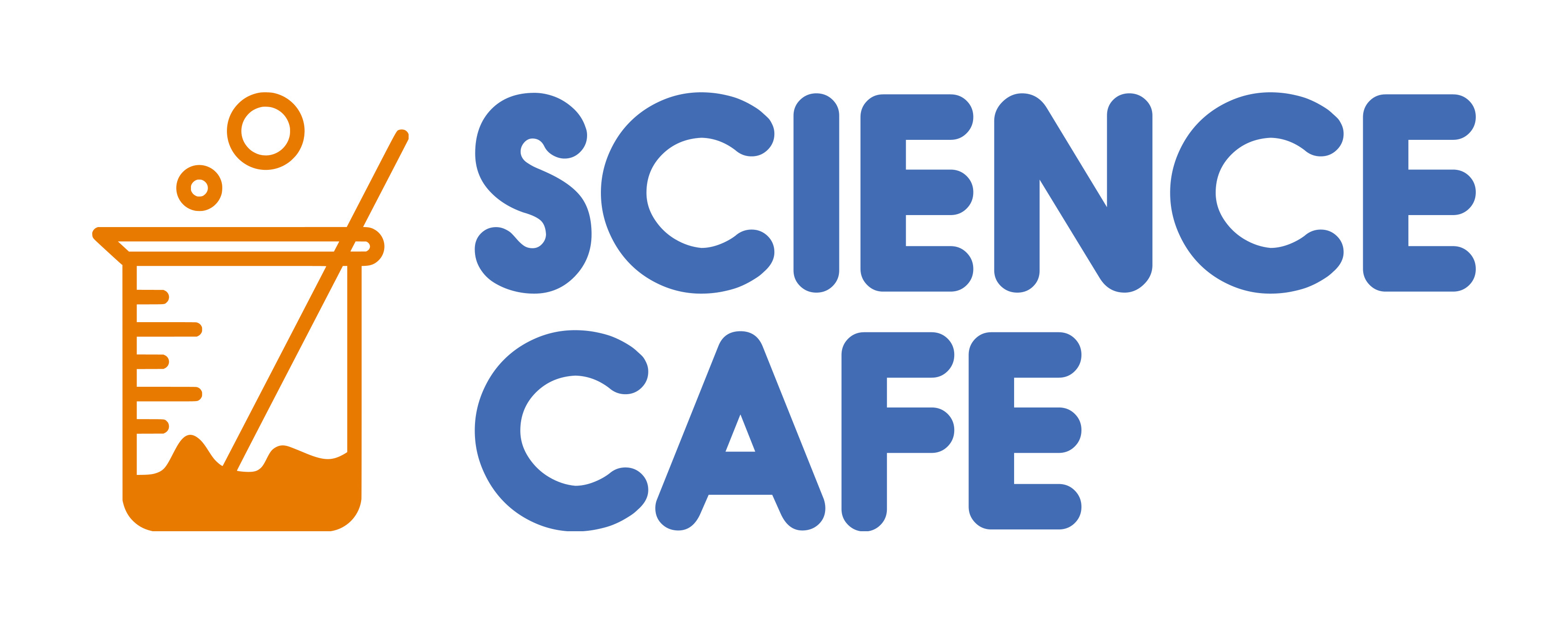Women in Science - Jane Goodall
Jane Goodall – The Empathy Within Science

As a young girl, I was obsessed with animals. I’d sit in the garden for hours watching ants, pretending I was a wildlife explorer. That’s why Jane Goodall has always held a special place in my heart.
She didn’t have a formal scientific degree when she first went to Gombe, Tanzania—but she had something far more powerful: relentless curiosity and deep empathy. She lived among chimpanzees, observed them closely, and uncovered behaviours no one had believed possible—like tool use and emotional bonding.
Her work didn’t just change primatology; it changed how we see ourselves. We are not as separate from nature as we’d like to think. We are part of a shared story.
Jane Goodall showed that science is not cold or clinical. It can be full of compassion and connection. In a world facing climate crisis and ecological damage, her voice remains a powerful call to protect the living world—not just through data, but through love.
Dr. Jane Goodall, born in 1934 in London, is one of the most influential ethologists and conservationists of our time. Her groundbreaking research into the behavior of wild chimpanzees fundamentally changed the way we view both animals and ourselves.
Groundbreaking Research in Gombe
In 1960, without formal scientific training, Jane Goodall traveled to what is now Gombe Stream National Park in Tanzania. With support from the famous anthropologist Louis Leakey, she began a long-term study of a group of wild chimpanzees. Her approach was revolutionary: instead of using numbers, she named the chimpanzees and observed them as individuals with personalities, emotions, and complex social relationships.
Key Discoveries:
Tool Use: She was the first to observe chimpanzees making and using tools (e.g., stripping leaves from twigs to fish for termites). This shattered the long-held belief that tool-making was a uniquely human trait.
Meat-Eating and Hunting: She found that chimpanzees hunt and eat meat, including other monkeys—previously thought to be primarily vegetarians.
Social Behaviors: Her work revealed a rich social life among chimpanzees, including affectionate hugging, patting, and kissing. She also documented aggressive behaviors, including territorial warfare and infanticide, which challenged idyllic notions of peaceful animal societies.
Her work prompted scientists to redefine what it meant to be human, highlighting our shared ancestry and the cognitive and emotional capacities of other species.
Scientific Legacy and Academic Contributions
Goodall's findings were initially met with skepticism due to her unconventional background, but she eventually earned a PhD in ethology from the University of Cambridge—one of the few people allowed to do so without a prior undergraduate degree.
Her research methods, particularly her patient observation and her empathetic approach, have become standard practice in primatology.
Conservation and Activism
In the 1980s, Goodall shifted focus from observation to activism. She realized that habitat destruction, poaching, and the illegal pet trade were threatening chimpanzees’ survival.
She founded the Jane Goodall Institute in 1977 to support research and protect great apes and their habitats. The institute now operates in over 100 countries, working on reforestation, community-based conservation, wildlife protection, and ethical education.
Roots & Shoots
In 1991, she founded Roots & Shoots, a youth-led global program that empowers young people to take action on environmental, conservation, and humanitarian issues in their communities. The initiative has grown into a worldwide movement, reflecting her belief that change starts with education and empowering the next generation.
Global Influence
Jane Goodall has become a symbol of peaceful persistence and ethical science. She has written numerous books for adults and children, given thousands of lectures, and appeared in documentaries that emphasize the deep connection between humans and nature. Her soft-spoken, hopeful voice—often paired with the trademark chimpanzee greeting “pant-hoot”—has inspired millions.
Recognition
Jane Goodall has received countless awards, including:
UN Messenger of Peace
Dame Commander of the British Empire
Templeton Prize
Kyoto Prize
Numerous honorary degrees and global honors
Legacy
Jane Goodall didn’t just change the field of primatology—she changed the way we understand our place in the natural world. Her message is one of hope, resilience, and action. Through science, compassion, and youth empowerment, she has shown that individuals really can make a difference.



